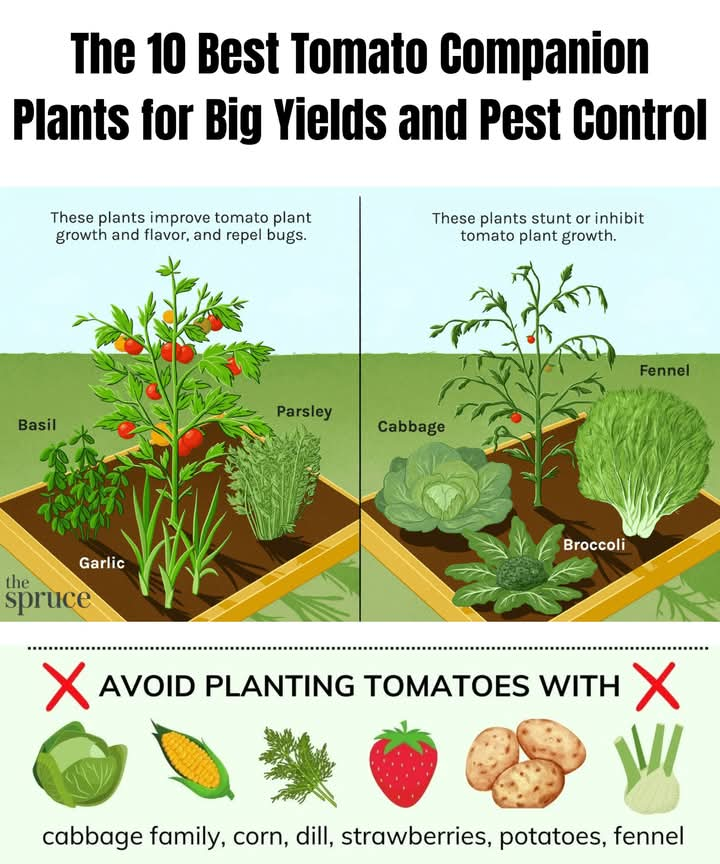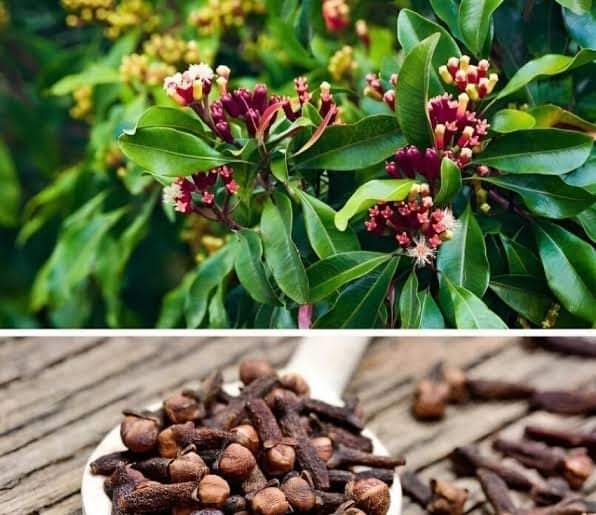Clove farming in Nigeria
Clove farming in Nigeria
Clove farming is a lucrative agricultural venture due to the high demand for cloves in the spice, medicinal, and essential oil industries. The cultivation of cloves requires specific conditions, but once established, the returns can be significant. Below is a comprehensive guide covering the key aspects of clove farming and its business prospects.
Overview of Clove Farming
Cloves are the aromatic flower buds of the clove tree (Syzygium aromaticum), a tropical evergreen species native to the Maluku Islands in Indonesia. They are widely used in cooking, traditional medicine, and as a raw material for essential oils. The spice is prized for its unique flavor and numerous health benefits.
Climatic and Soil Requirements
1. Climate
Clove trees thrive in tropical climates with warm and humid conditions.
Ideal temperature: 20°C to 30°C.
Rainfall: Annual precipitation of 1,500mm to 2,500mm.
Altitude: Suitable for areas up to 1,000 meters above sea level.
2. Soil
Well-drained loamy soils rich in organic matter are ideal.
Soil pH: 5.5 to 6.5.
Avoid waterlogged and saline soils.
Propagation and Planting
1. Propagation
Cloves are propagated from seeds.
Seeds should be sourced from healthy, high-yielding trees.
Germination takes 6-8 weeks.
2. Planting
Spacing: 6m x 6m to allow for full canopy development.
Planting season: Best done during the rainy season to ensure adequate moisture.
Pits: Prepare pits of 60cm x 60cm x 60cm, filled with organic manure and topsoil.
Care and Maintenance
1. Irrigation
Regular watering is essential during the dry season, especially in the initial years.
Drip irrigation is recommended for water efficiency.
2. Fertilization
Apply organic manure (e.g., compost or cow dung) and balanced fertilizers.
Key nutrients: Nitrogen, Phosphorus, and Potassium (NPK).
3. Weeding
Keep the plantation free from weeds to minimize competition for nutrients.
4. Pruning
Prune dead or diseased branches to promote healthy growth.
5. Pest and Disease Management
Common pests: Stem borers and leaf miners.
Diseases: Clove leaf spot, bud shedding.
Use organic or chemical pest control methods judiciously.
Harvesting and Post-Harvest Handling
1. Harvesting
Trees start bearing flowers 6-8 years after planting.
Harvesting is done when the buds are still closed and have a pinkish hue.
Overripe buds lose quality and market value.
2. Drying
Sun-dry the buds on mats or clean surfaces for 4-7 days until they turn dark brown.
Proper drying enhances aroma and shelf life.
3. Storage
Store dried cloves in airtight containers in a cool, dry place to prevent mold and loss of flavor.
Business Potential of Clove Farming
1. Market Demand
Cloves are highly valued in the culinary, pharmaceutical, and cosmetics industries.
Major consumers include India, the USA, and European countries.
2. Value Addition
Processing cloves into essential oils, powders, or packaged spices increases profitability.
3. Export Opportunities
Cloves are a significant export commodity in tropical countries.
Establishing partnerships with international buyers can boost revenues.
4. Profit Margins
While the initial investment in clove farming is high due to the long gestation period, mature plantations yield consistently high returns for decades.
Challenges in Clove Farming
Long Gestation Period: Takes years to start producing flowers.
Vulnerability to Climate Change: Erratic weather patterns can affect yields.
Pest and Disease Outbreaks: Can significantly impact production if not managed promptly.
Conclusion
Clove farming offers a sustainable and profitable venture for farmers willing to invest in long-term agricultural practices. By adopting modern farming techniques, engaging in value addition, and tapping into global markets, farmers can maximize the business potential of cloves. With proper planning and dedication, clove farming can serve as a reliable source of income for decades.




